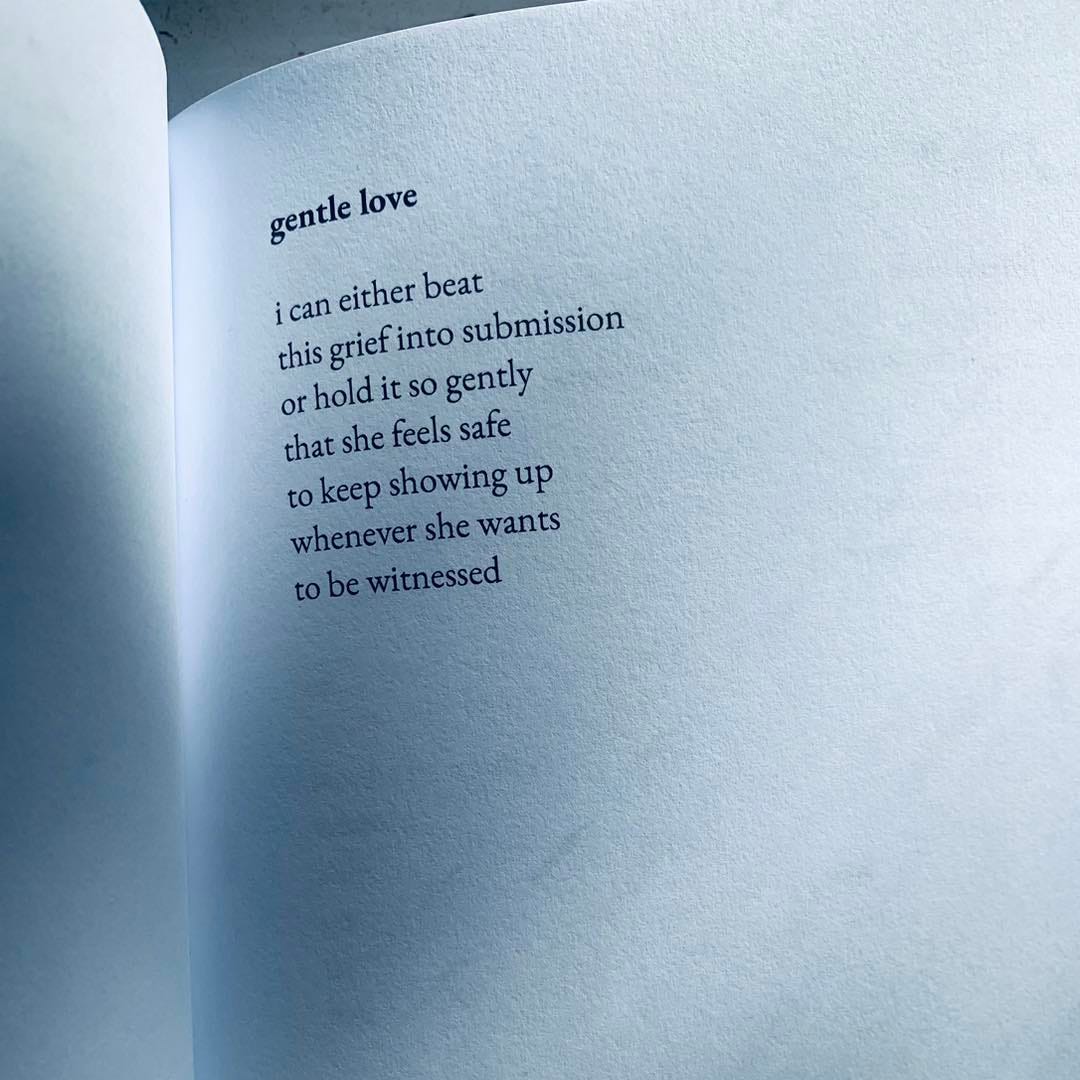A new friend shared this question that her dad started asking her lately. “Do you want to be heard, helped, or hugged?” It’s brilliant. I knew I had to send this question your way too.
In my work as a pastor, I’ve seen countless people morph into a deer in headlights the second someone starts crying or vulnerably sharing. I see their internal freak out: What do I say? This is making me uncomfortable. I want them to feel better. Hell, I want to feel better. Shoot, I’m not even listening to them anymore because I’m so worried I’m going to say the wrong thing.
Then that well-meaning deeply kind person says something like, “You’re fine. Don’t worry about it. Let me tell you a time this happened to me…”
Their discomfort shuts down the pain of the one sharing.
Their uncertainty erases the reality their friend is trying to express.
Their fear misses a moment where their love could make a real difference.
We’ve all found ourselves in this spot. I’ve done something like this to people without meaning to shut them down or erase their pain. Someone is trying to express a challenging emotion or concern but I’m distracted or don’t have the energy or am wrapped up in my own thing.
Let’s do better. I know we can.

We can listen deeply
Stay on their track.
A friend told me one of their tricks for being a better listener to the people in their lives. “I do my best to stay on their track. I imagine them on one side of a set of train tracks and I’m on the other side. When they’re speaking, I remind myself to stay on their track. To listen to their story. To imagine how they feel. Then when it’s my turn to respond, I’m not as distracted because I stayed on their track instead of making it about me.”
Give options
When a loved one is sharing a challenging part of their story and you sense they’ve come to the end or are pausing long enough where it makes sense for you to respond, consider asking, “I care about you and don’t want to assume I know what you most need. Do you want to be heard, helped, or hugged?”
I asked my son this yesterday and he said, “All three!” So we walked through all three. I made sure he knew I really heard the emotion he was trying to convey. “That must have been so hard. I believe you. I hear you.” Then I offered a possible solution to consider next time. Then a hug!
This question is a beautiful way to love our people because it gives them agency. It’s already vulnerable enough sharing a challenging emotion with someone, especially if you don’t know how they’ll respond. Will they believe me? Will they dismiss this? Will I share this and they won’t care? This question gives the one sharing agency to name what would truly help in that moment.
I’ve experienced the one sharing not knowing what else they need. That’s okay. Being asked the question still matters. It invites everyone to think about how we name our needs so people can love us well.

I spent last weekend with a very special group of humans in Columbus, Ohio. We talked all things grief, healing, and love. At one point, someone shared a beautifully brave part of their story and another woman across the room chimed in, “I hear you.” Her voice cracked while she nodded. You could feel the love permeating the room. We talked about the gift of a listener who doesn’t make it about themselves. A listener who doesn’t feel the need to fix anything for the one sharing. A listener who can simply bear witness to the heart of the one sharing.
So often, we just want to feel heard.
We want to be believed.
We want to know our story matters.
We know to know it’s okay to feel this way.
What a beautiful gift that we can give this kind of affirmation to each other.
Dear readers, try this question out this week and let me know how it goes! May you feel more empowered to love your people in the ways they most need. May the connections you’re nurturing with friends and family deepen in this season. May you feel nourished through their love and care.
We really are in this life together. Grace.
“The Palms Up Path is great for anyone looking to slow down and get real with God and others. The lessons are short but in-depth. The elements of the Palms Up Path are important, especially when things feel uncertain. The combination of faith, psychology, and practical wisdom is so valuable!”





Thank you Jenny. Such truth and such helpful thoughts on this big question. How to help. Giving the speaker agency to ask for help.
I love that question. So many times I don’t know what to say or do, and it feels so awkward. This question gives the speaker the ability to tell me what he/she needs. Thank you!